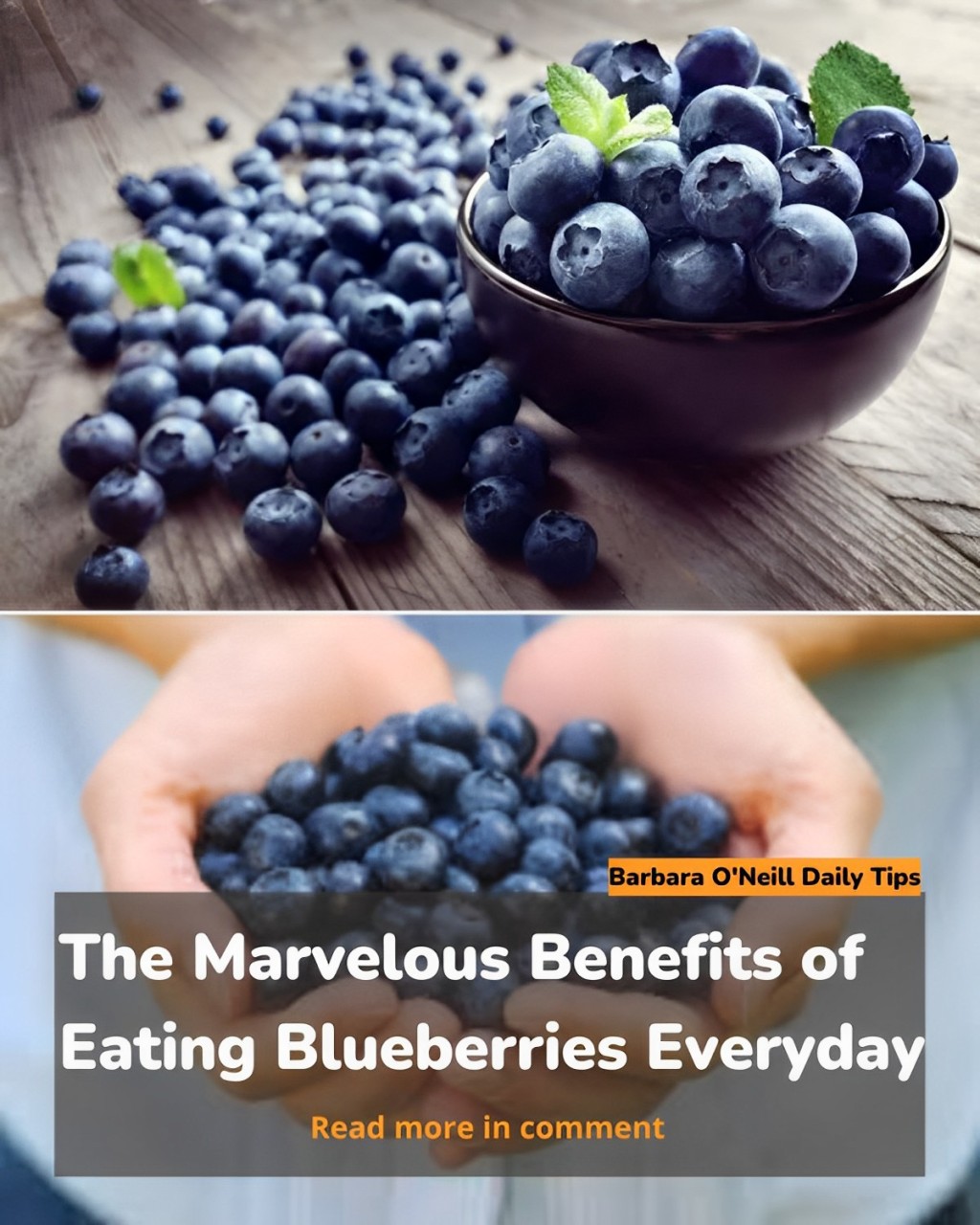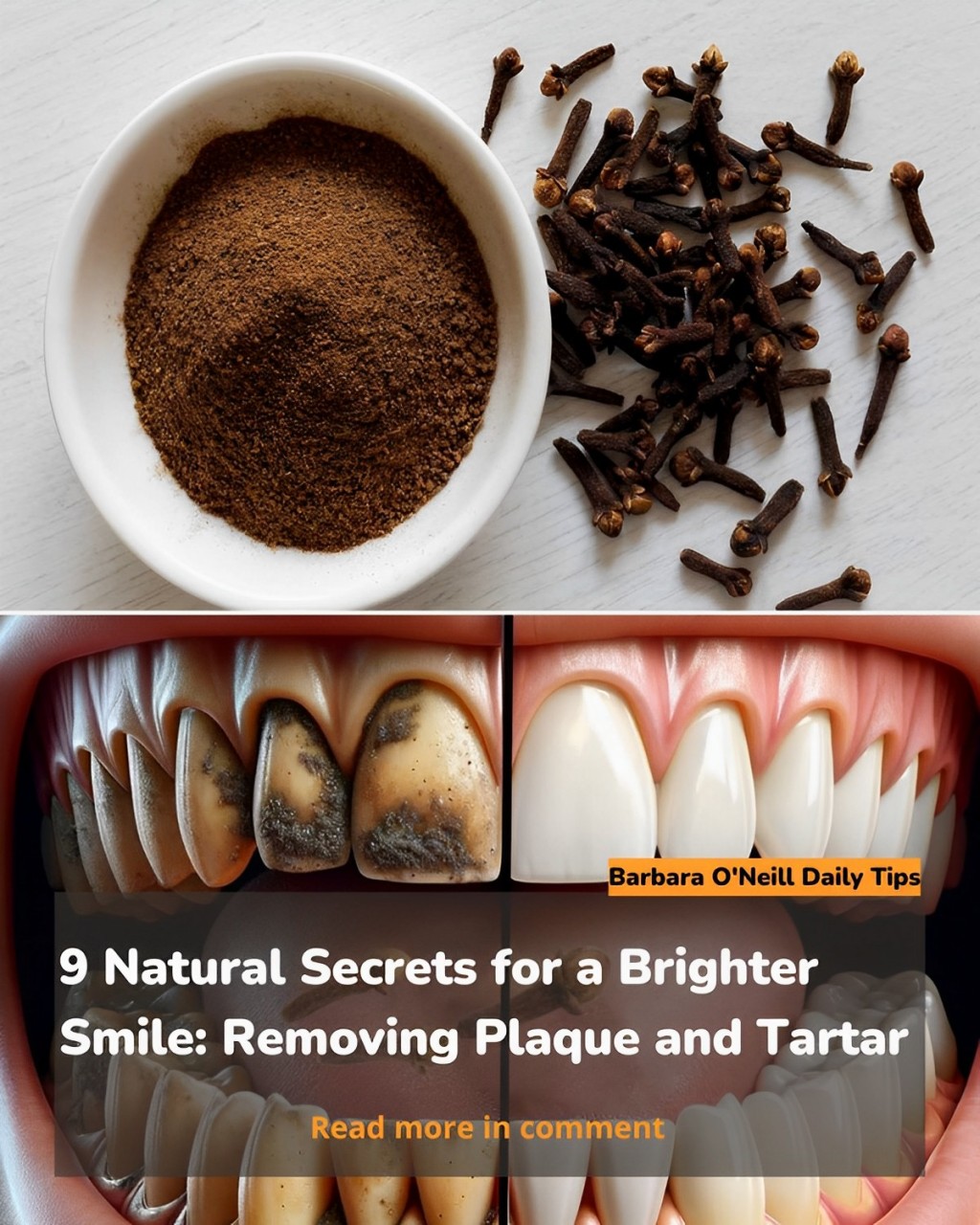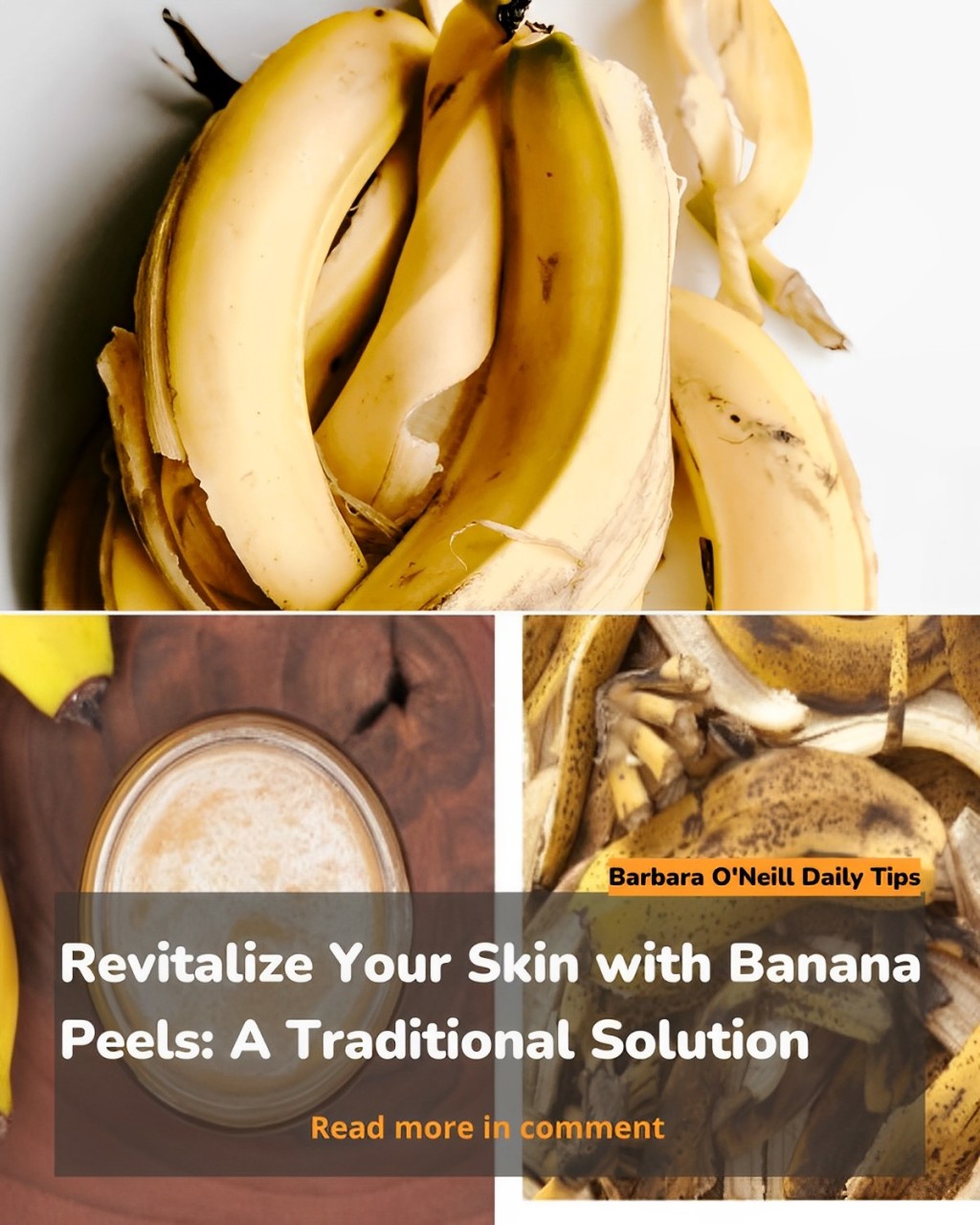
1. The importance of nutrition for people with hemorrhoids
Nutrition plays an important role for people with hemorrhoids, directly affecting the treatment and recovery process. Building a reasonable diet can help:
Softens stools, making it easier to move: Fiber in foods helps absorb water, softens stools, reduces constipation – the main cause of hemorrhoids and aggravates hemorrhoids.
Reduces the risk of bleeding: Fiber helps stool move easily, reduces pressure on hemorrhoids, and limits bleeding.
Supports post-operative recovery: Provides adequate vitamins and essential minerals to help wounds heal quickly, increase resistance, and prevent complications for people with hemorrhoids needing surgery.
Reduce unpleasant symptoms: Some foods have the effect of reducing inflammation, swelling, pain, burning, and itching caused by hemorrhoids.
According to Associate Professor, PhD. Nguyen Canh Binh, Department of Digestive Diseases, Institute of Digestive Diseases, Central Military Hospital 108, besides hemorrhoid treatment methods, patients need to change their diet and lifestyle to control it. sick.
In particular, if the primary cause of hemorrhoids is constipation, the first treatment is usually to soften and regulate the stool. Symptoms of hemorrhoids can often be relieved with changes in diet and lifestyle adjustments. A diet rich in fiber, including fruits, vegetables, whole grains… helps soften stools. Doctors will also advise people with hemorrhoids to increase water consumption and exercise regularly to avoid constipation.
When you have signs of hemorrhoids, you should see a doctor early to receive timely treatment. In many cases of early detection, home remedies also help control hemorrhoids. For some people, medical treatments are needed.
Home remedies are mainly changing the appropriate diet and practicing a scientific lifestyle such as:
Increase fiber in your diet.
Take fiber supplements as directed by your doctor.
Drink plenty of water or other liquids (not alcohol).
Avoid straining when defecating.
Sit on the toilet for shorter periods of time.
Sit in warm water several times a day to relieve pain.
2. Foods to eat when you have hemorrhoids
Doctors often advise people with hemorrhoids to eat foods high in fiber. Eating foods rich in fiber helps make stools softer, easier to defecate, and can help treat and prevent hemorrhoids. Drinking enough water helps the consumed fiber work better.
Foods rich in fiber
Eating foods rich in fiber and drinking enough water is an important part of the diet of people with hemorrhoids. The two types of dietary fiber are soluble fiber and insoluble fiber:
Soluble fiber dissolves in water to form a gel-like mucus that makes stools soft, well-formed, easy to excrete, and does not cause constipation.
Insoluble fiber helps keep things moving easily, contributing to chemical balance in the gut.
Many high-fiber foods have both soluble and insoluble fiber. The recommended fiber requirement for Vietnamese people is at least 20 – 25g/person/day. We should eat a variety of foods that have enough of both types of fiber from healthy food sources such as:
Vegetables (broccoli, mustard greens, spinach, spinach…); One cup of leafy greens, broccoli, Brussels sprouts, squash, and green beans will provide 4 to 5 grams of fiber. Some vegetables and fruits have fiber and a lot of water such as cucumbers, celery, mild bell peppers, and watermelon which are mostly water – more than 90%.
Fresh fruit (pear, apple, grapefruit, banana, kiwi…); Eat whole with thin-skinned varieties such as apples, pears, plums, and potatoes. The skin contains insoluble fiber, as well as flavonoid compounds that can help control bleeding from hemorrhoids.
Make a habit of adding another fruit or vegetable to any meal, such as berries or bananas in cereal, sliced apples in salads, spinach in omelets. Snack on dried fruits like figs, apricots, and dates. Swap sugary baked desserts for fresh fruit.
Brightly colored produce such as fresh berries like grapes, tomatoes, kale and other dark green leafy vegetables are often rich in flavonoids. A serving of fruit typically provides at least 10% of daily fiber, usually 3 to 4 g.
Whole grains (brown rice, oats, whole wheat…); Beans (black beans, green beans, peas…) just 1/2 cup of beans such as kidney beans, green beans, lima beans or black beans will meet about 1/3 of the daily fiber goal; Seeds (chia seeds, flax seeds…); Whole grains and buckwheat help increase the amount of insoluble fiber you’ll get. Cooked oats and barley provide soluble fiber.
Note, adding too much fiber all at once can cause gas and bloating, so add it to your diet a little at a time if you’re not used to it.

People with hemorrhoids need to drink lots of water.
Drink enough water every day
To avoid constipation, it is important that you drink plenty of water. If dehydrated, stools can become dry and hard. That makes bowel movements much more difficult. People with hemorrhoids need to drink more water to help the body use fiber, 8-10 glasses of water a day.
The best drink is water because it does not contain sugar and calories. In addition, patients can also supplement water from broth, fruit juice, herbal tea…
According to the United States Department of Agriculture, some fiber-rich foods are listed in the table below:

3. Foods to avoid when having hemorrhoids
If hemorrhoids are caused by chronic constipation, avoid eating too much food with little or no fiber, such as cheese, chips, bread, fast food, processed foods, etc.
Note that some of the foods below can affect the condition of people with hemorrhoids:
Pay attention to monitoring reactions after using dairy products
Dairy products such as milk, cheese, and yogurt are high in lactose, which can irritate the skin in the anal area.
When consuming milk, certain chemical reactions aggravate existing hemorrhoid outbreaks or create new ones. If you are diagnosed with lactose intolerance, avoid all dairy products for at least two weeks after symptoms subside.

Some foods are not good for the condition of people with hemorrhoids such as milk and dairy products.
White flour
White flour is a highly processed food high in carbohydrates, which can lead to diarrhea and constipation, two common causes of hemorrhoid flare-ups. White flour also contains gluten, which contributes to inflammation in people with celiac disease.
Spicy food
Spicy foods are not good for hemorrhoids because they cause irritation. In some cases, spiciness also triggers hemorrhoid symptoms, making them worse. Spicy foods also worsen ulcer symptoms in the stomach or intestines, which can lead to bleeding.
If you have constipation related to hemorrhoids, spicy foods make the problem worse because they cause muscle contractions in the intestines, hindering bowel movements.
French fries, salty foods
If you have hemorrhoids, avoid eating French fries and fast food. The high fat content in these foods is harmful to health and aggravates hemorrhoid symptoms.
Furthermore, the high sodium content of fast foods like French fries makes the problem worse.
Sausage, dried beef
If you have hemorrhoids, it’s best to avoid processed meats. Processed meats are high in sodium and preservatives that can aggravate hemorrhoids. If you crave something salty, try healthier snacks like nuts.
Alcohol, caffeine
Alcohol and caffeine are known to easily increase pressure in hemorrhoidal veins. Additionally, alcohol can reduce blood flow to the area. They can also cause gastrointestinal side effects, which can be even more bothersome with hemorrhoids. Reducing alcohol and caffeine intake helps ease the discomfort of hemorrhoids.





